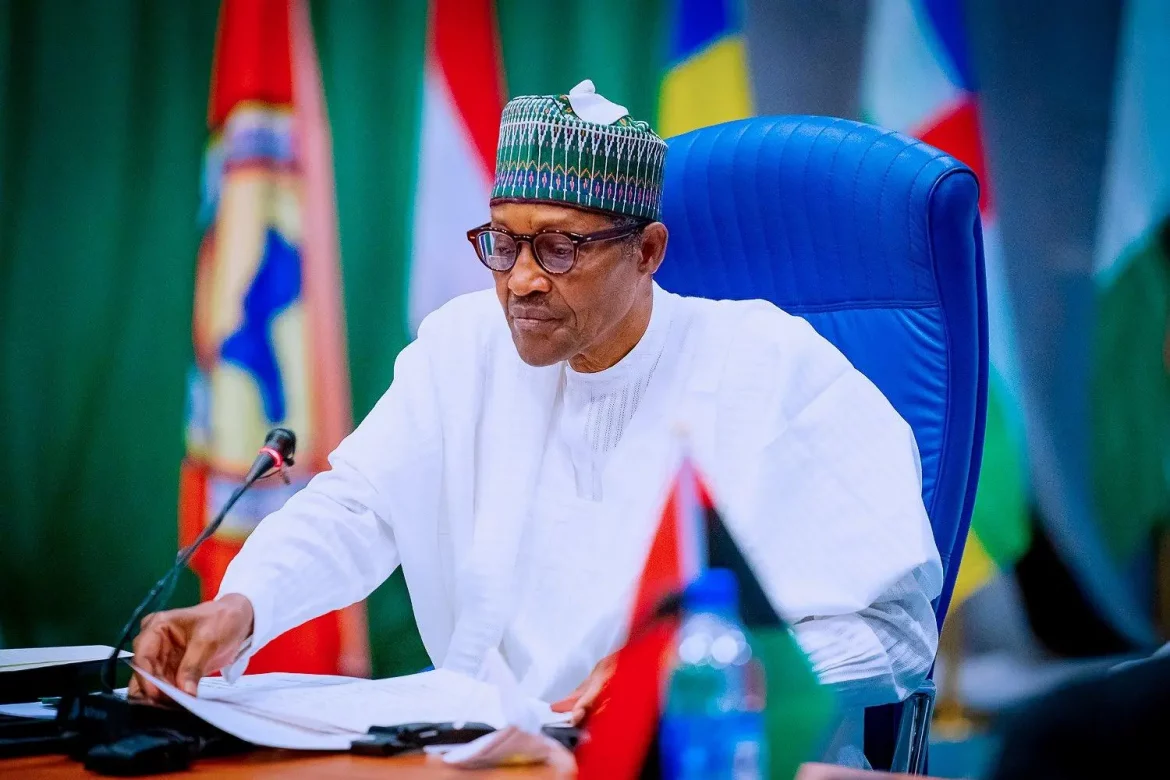Nigeria’s President, Muhammadu Buhari has said that the updated Nationally Determined Contribution of Nigeria to the United Nations Framework Convention on Climate Change would eliminate kerosene lighting by 2030.
Buhari who made this known during a virtual meeting hosted by President Joe Biden of the United States on Major Economies Forum on Energy and Climate Change said that the update would also increase the use of buses for public transport and reduce the burning of crop residues by 50 per cent.
Buhari noted that this forms part of his regime’s plans to scale down greenhouse gas emissions, adding that the NDC has been submitted to replace the interim contribution of May 27, 2021.
In a statement released on Friday by Buhari’sSenior Special Assistant on Media and Publicity, Femi Adesina, Buhari said “Our updated NDC includes the waste sector which is expected to contribute to the reduction of Nigeria’s Greenhouse Gas emissions.
Read also: Experts say climate change will increase desertification
Buhari was quoted as saying that the development raised an additional two per cent to the Nationally Determined Contribution from 45 per cent to 47 per cent conditionally and 20 per cent unconditionally below business-as-usual.
In the statement, Buhari further said that “Other action plans that are inherent in our NDC include; the elimination of kerosene lighting by 2030, increase in the use of bus rapid transit as a means of transportation for the general public, 50 per cent reduction in the fraction of crop residues burnt by 2030 and implementation of forest programmes.
“Initiatives to deliver 20 per cent Green House Gas emission reductions and enhanced removals equivalent to approximately 74.2 Metric tons of Carbon Dioxide by 2030, and Ratification of the Kigali Amendment to the Montreal Protocol to phase out Hydro-fluoro-carbon emissions,” the president said.
He also noted that Nigeria was developing National Frameworks for Article 6 and for carbon pricing, adding, “we have finalized the Sectoral Action Plan for the implementation of the revised NDC in the key priority sectors, namely Energy, Oil & Gas, Agriculture & Land use, Power, Transport and Water and Waste.’’
Story was adapted from Punch.
